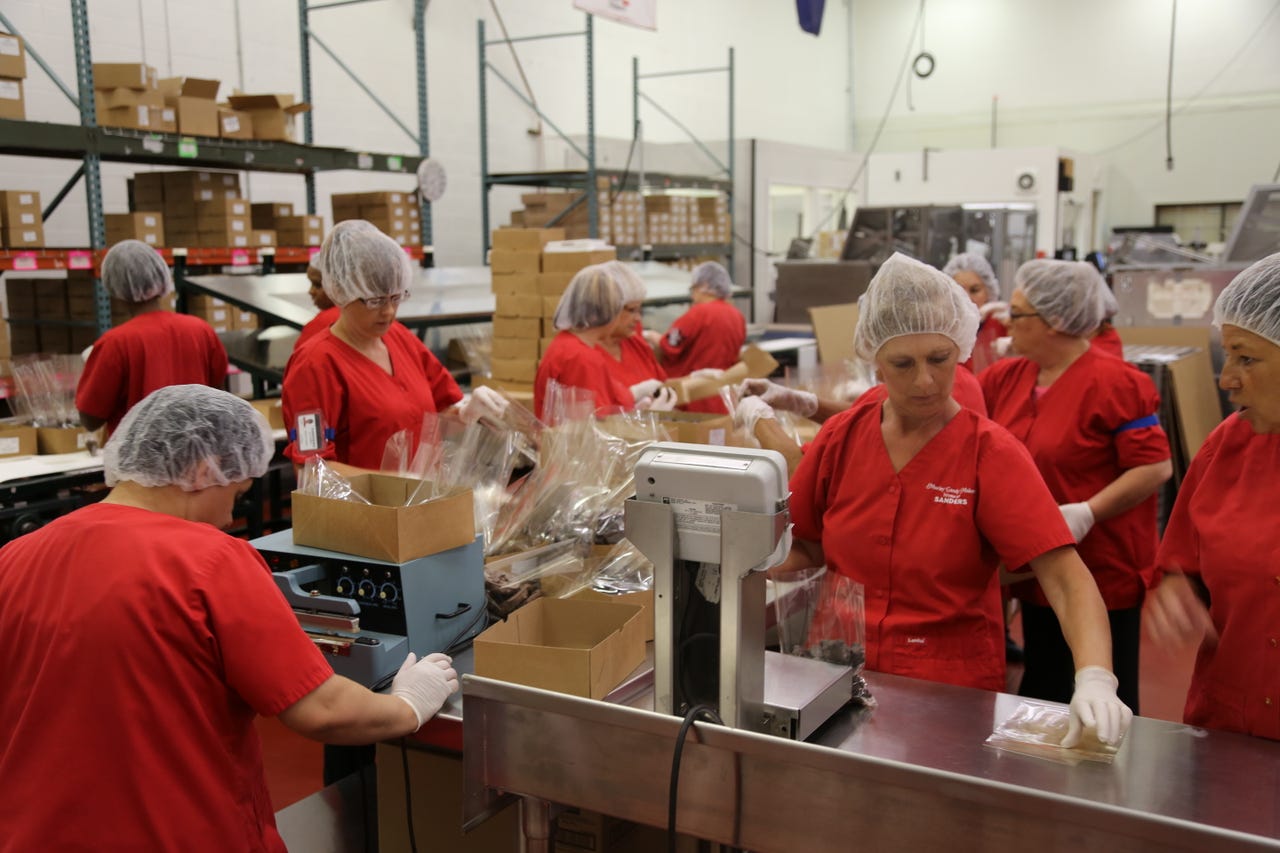Who the heck is Plex? Why SMB manufacturers should know


Pop quiz: Which midsize software developer signed more than 30 new customers in the first half of 2014 alone, along with flipping almost the same number live on its manufacturing cloud?
The answer: fast-growing Plex Systems in Troy, Mich., focused on production and supply-chain automation for SMBs.
That brings Plex's grand customer total to almost 400 businesses (and 1,200 facilities) worldwide — everything from makers of movie-theater seats to pastries and desserts to craft beers.
Unlike its competitors — the best-known of which are probably Kenandy, Microsoft, NetSuite and Sage — Plex got its start from the manufacturer's point of view. The software started life as an internal project at an automotive parts supplier, so that's where its first customers emerged. But it also supports industry-specific initiatives for food and beverage, high-tech and electronics, and precision metal forming. Plus, it's got some impressive backers: in June, T. Rowe Price led a $50 million round. (At the time, its valuation was around $500 million.)
Plex's focus is on capturing data about the "manufacturing moment," and its customers range from small one-plant operations to multinational companies with several facilities. It doesn't publish pricing, but Chris Bishop, vice president of global services and support, says it's based on the number of processes and revenue under management rather than headcount.
"We believe that the collection of data on the plant floor is so vitally important for driving understanding and efficiency, that running a seat-based model is limiting," Bishop said.
One Plex customer is San Diego-based Green Flash Brewing, a 100-person company that will produce about 65,000 barrels of beer this year and that grew revenue 20 percent for its last reporting period. (It doesn't disclose sales as a private company.)
The company took on Plex last October after a four-month migration process to support future expansion (it has the capacity to brew up to 100,000 barrels), said Chief Financial Officer Steve Goodger. The new system enables Green Flash to reconcile accounting information more quickly, and it automates the brewer's month-end compliance reports.
It has also helped management make more informed business decisions. Goodger recounts a situation in which the company became aware of what it thought might be a lower-cost alternative to one of its malt suppliers. When the team dug deeper, however, it discovered that the less-expensive option was also lower on yields, information that helped the team stick with its existing relationship. "We were able to see that our current provider was far more efficient," Goodger said.
AR + VR
At Sanders and Morley Candy Makers, a $25 million company in Clinton Township, Mich., Plex became the replacement for an outdated AS/400 installation that was groaning under double-digit sales increases, said Kevin Jablonski, director of information and communications systems. "We were truly a slave to that system," he said. "There was always a rush to meet accounting goals." The decision to migrate to a cloud-based system was resource-driven: it doesn't want to manage additional IT infrastructure. So, in January, a team of process experts was convened to define the features appropriate for Sanders and Morley. It took roughly five months from group discovery to go live with the deployment, Jablonski said.
One benefit for the chocolatier is its ability to reclassify customer segments (for example, corporate candy orders) on the fly to analyze and manage issues more closely, he said. It's been able to set threshold alerts for inventory parameters (among other things), which keeps key personnel abreast of issues before they mushroom out of control.
Jablonski admits the justification for the investment wasn't entirely scientific. "We just understood that we required a change if we wanted to take advantage of the growth opportunity in front of us," he said.